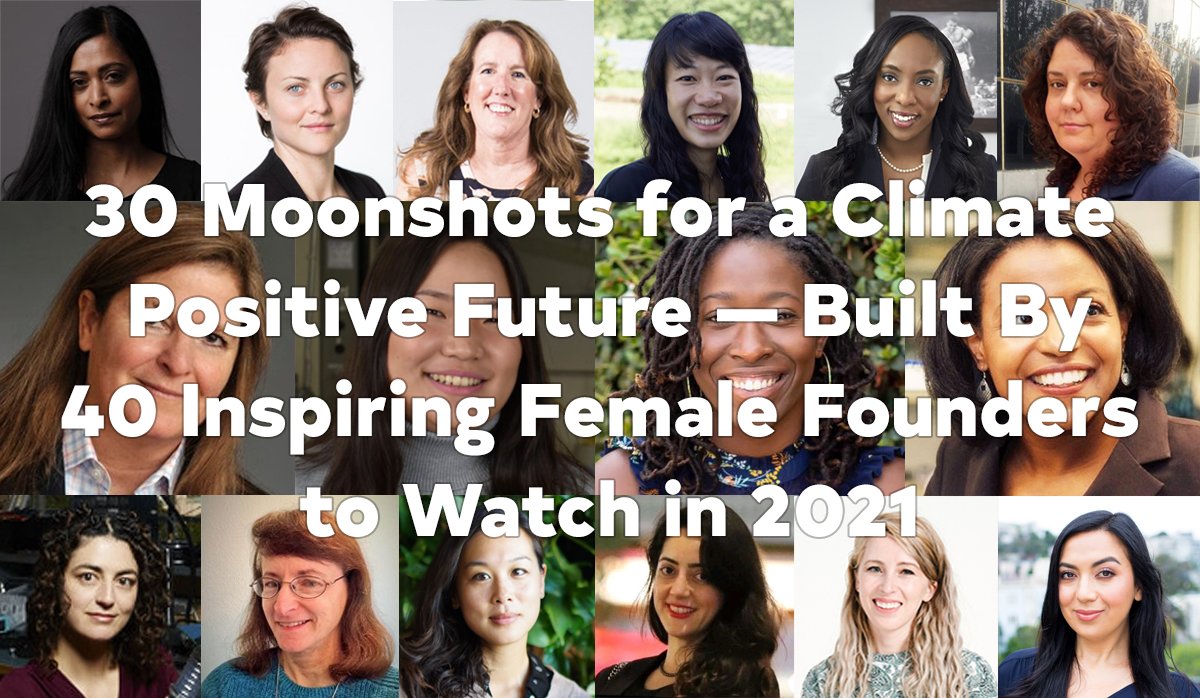
“The world’s first trillionaire will be a green-tech entrepreneur,” predicted Kara Swisher in the New York Times. Yes, that’s trillionaire, with a T.

Here are 30 inspiring moonshots from women entrepreneurs who are designing for a climate-positive future — improving energy storage, grids, food, sustainable materials, and more. Investors are betting big on climate innovation. “The world’s richest person should be somebody that’s fixing or fighting climate change,” said billionaire VC Chamath Palihapitiya.
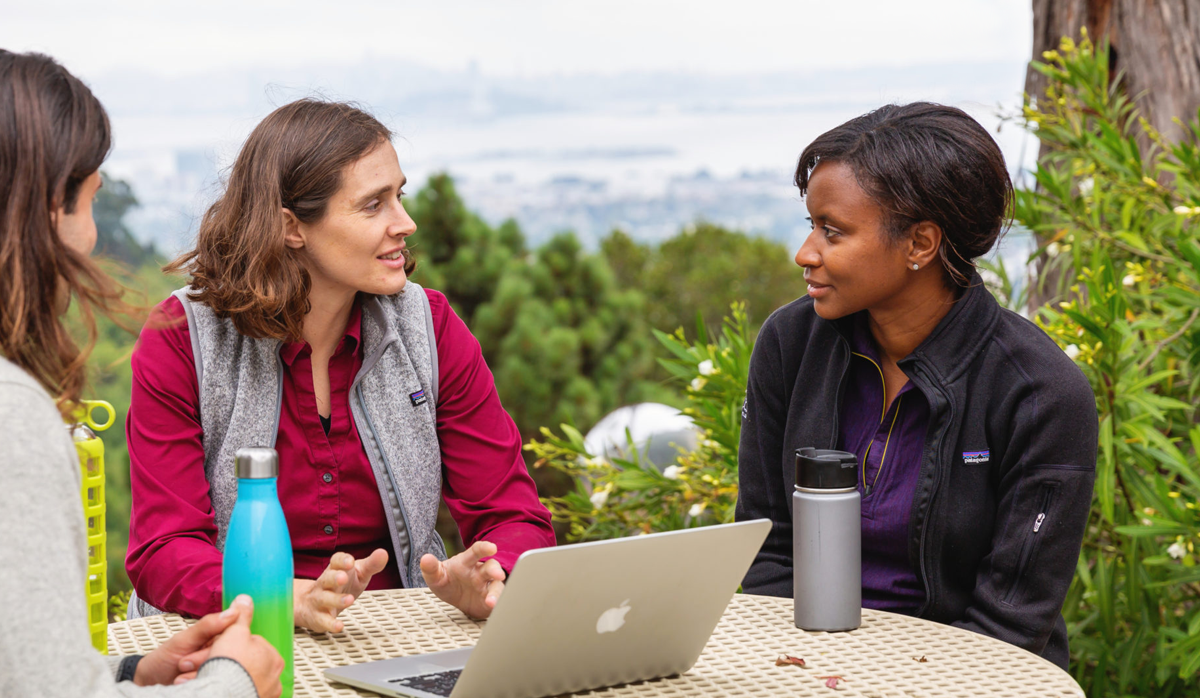
1 — Dr. Etosha Cave, Dr. Kendra Kuhl (Co-Founders, Twelve)
“It’s a golden time if you really want to be an entrepreneur of any gender, but especially so for women compared to in the past,” said Dr. Etosha Cave, Chief Scientific Officer at Twelve, leading carbon transformation for a climate positive world.
The clean energy startup’s breakthrough technology eliminates emissions, by recycling carbon dioxide and water into higher-valued products such as jet fuel, using metal catalysts, and electricity. She credits funding, programming, and networking opportunities with support from a CalSeed program as critical enablers for her company.
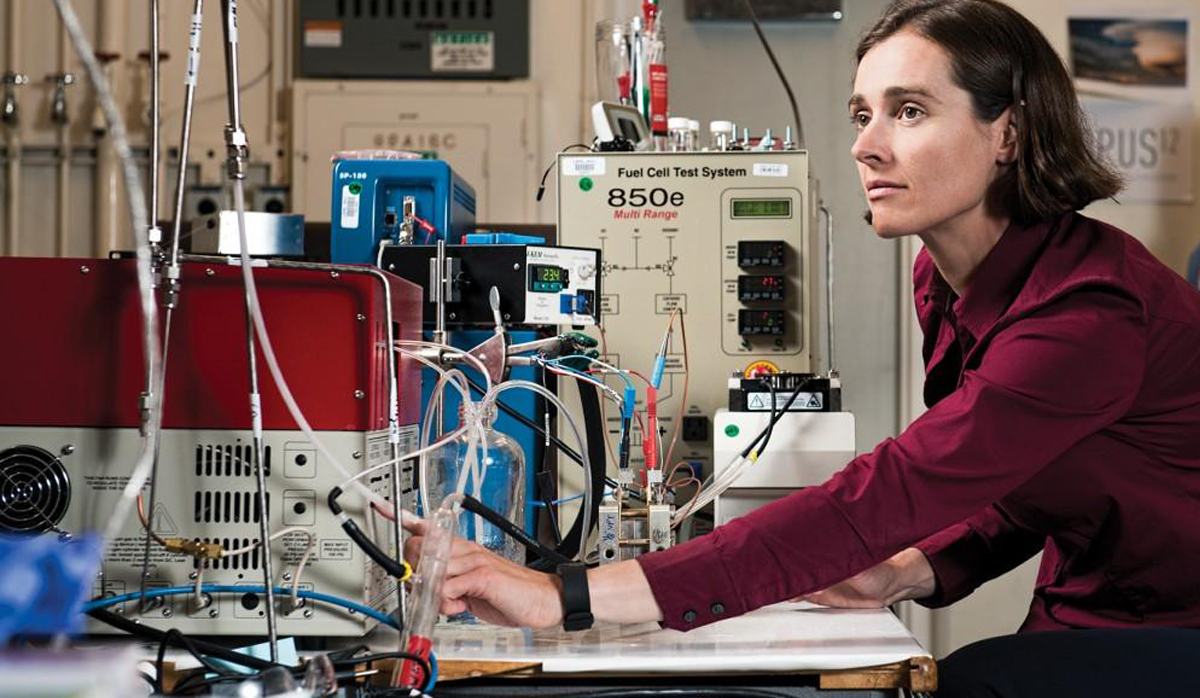
Twelve co-founders transformed their lab discoveries into a commercial solution for making the world’s most critical chemicals from air (CO2), not fossil fuel. Twelve is currently taking pre-orders for its industrial-scale carbon transformation module.
Twelve CTO and co-founder Dr. Kendra Kuhl developed a reactor to turn carbon dioxide into useful chemicals. “We could see global warming happening,“ she said about her childhood in rural Montana watching the namesake ice formations of nearby Glacier National Park shrink. It inspired her to go into cleantech.
Headquartered in Berkeley, Twelve raised $57 million in Series A funding this year.
2 —Alexandra Rasch Castillo (CEO & Founder, Caban Systems)
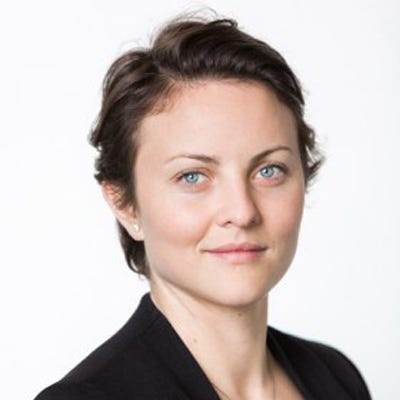
CEO Alexandra Rasch Castillo is passionate about sustainability, energy access, and helping the most remote communities reap the benefits of greater connection and communication.
Her company Caban Systems designs and manufactures lithium-ion energy storage systems for backup and off-grid telecom applications, to reduce customers’ energy expenses (cell sites, fixed network and fiber optic sites) with a system that is longer lasting, more cost-effective, requires little to no maintenance, and can be monitored remotely. Focused on the telecom world, Alex explains how she came to green the 5G:
Having grown up in a developing country, a lot of the infrastructure that’s still used still has a lot of fossil fuels. I was at a dinner party in Mexico City and quickly realized in a conversation that we were having that a lot of the infrastructure that’s still there uses fossil fuel. Immediately, I thought, “Any infrastructure that uses fuel, if it’s a business opportunity, it’s an opportunity to remove and improve the conditions of the infrastructure.” With the mix of my background in battery design and commercialization of products, that’s how Caban was born.
Headquartered in Burlingame with offices in Puerto Rico, Mexico and Guatemala, Caban Systems raised $35 million in funding this year.
3 — Astrid Atkinson (CEO & Co-Founder, Camus Energy)
Infrastructure expert Astrid Atkinson spent over a decade in engineering leadership at Google. After leaving the company, she dreamed of zero carbon grid orchestration and founded Camus Energy.

“We see a fundamental shift happening within the electric utility segment, and it’s one that releases the old image of consumers as ratepayers and instead sees them as community members,” said Camus Energy CEO and co-founder Astrid Atkinson. “It’s a new era of inclusive energy and our community-centric utility customers and service providers are using the Camus platform to provide their communities a meaningful way to collectively participate in our nation’s clean energy transition.”
Headquartered in San Francisco, Camus Energy raised $17 million in Series A funding this year.
4 – Leila Madrone (Co-Founder & CTO, Sunfolding)
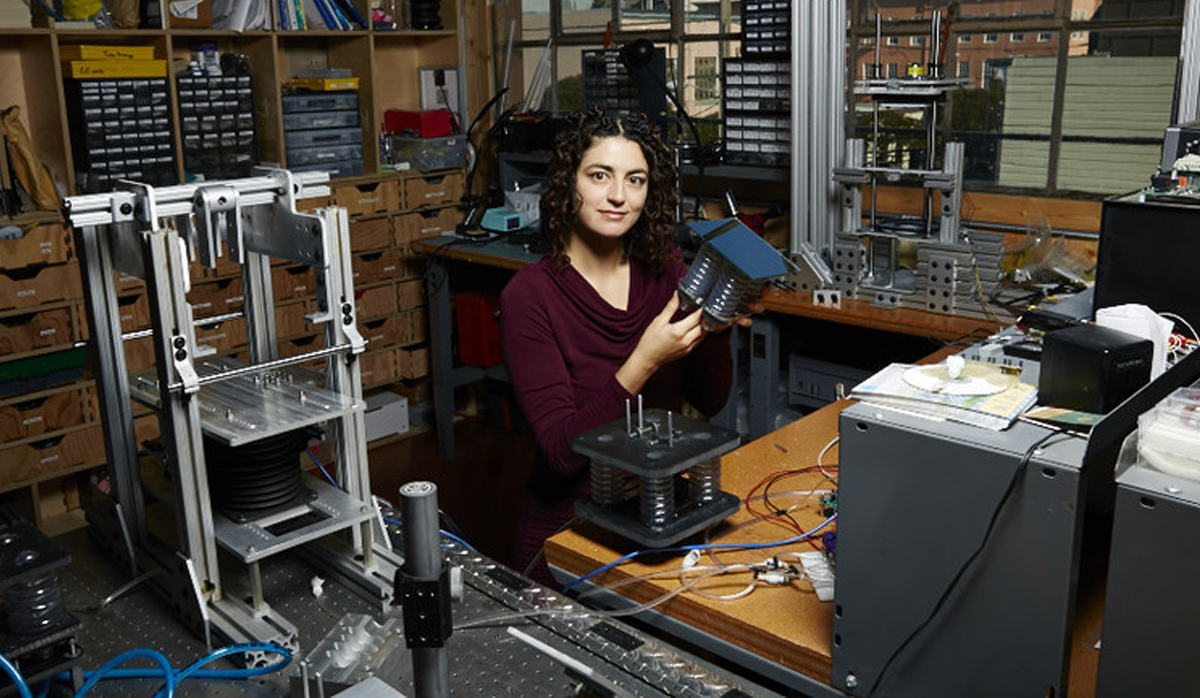
CTO Leila Madrone is at the intersection of solar and soft robotics to enable solar infrastructure at scale with Sunfolding. Her flagship product, the Sunfolding T29™ tracker, features Sunfolding’s AirDrive technology, which uses the strength and resilience of wear-free automotive components to replace problematic tracker motors, gearboxes, and other wear surfaces.
Headquartered in San Francisco, Sunfolding has raised $32 million in funding to date.
5 — Lauren Flanagan (Co-Founder & Executive Chair, Sesame Solar)
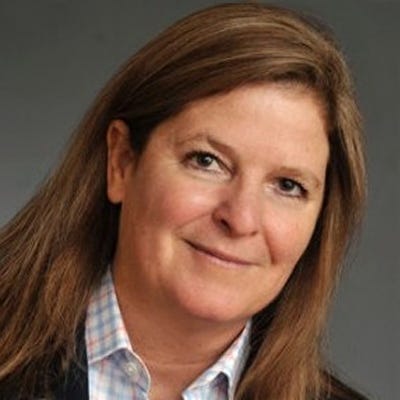
Lauren Flanagan co-founded Sesame Solar to manufacture turnkey solar nanogrids engineered to set-up in less than 15 minutes. Her solar nanogrid solutions are designed for off-grid operations, from mobile offices, water filtration, emergency response (lately, wildfire response), and more, the solutions are complete and energy-independent.
Backed by private investors, Sesame Solar Nanogrid Solutions are proudly made in Michigan USA.
6 – Alexia Akbay (CEO & Founder, Symbrosia)
Chemist and entrepreneur Alexia Akbay of Symbrosia is experimenting with red seaweed (asparagopsis taxiformis) to reduce methane emissions from livestock burps, starting with sheep. Research shows that farmers who include Asparagopsis taxiformis seaweed as 0.2% of livestock’s daily diet can significantly reduce methane emissions (by over 90%).
Headquartered in Kailua Kona, Symbrosia has raised $1.6 million in funding.
7 — Kimberlie Le (CEO & Co-Founder, Prime Roots)
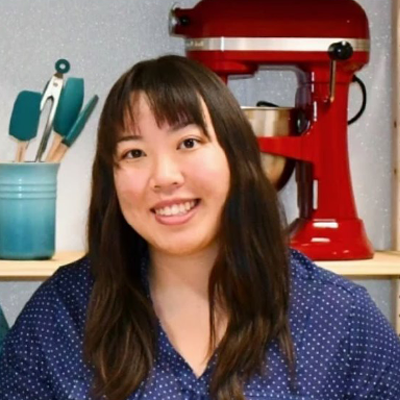
Prime Roots CEO Kimberlie Le is no stranger to the restaurant and food industry. She grew up eating koji, which is “now highly beloved by Michelin-starred chefs, but part of my culinary toolkit — we started fermenting koji when I was young,” she told Berkeleyside:
“Koji is itself a beautiful, naturally-textured, high-protein food — you can use it as a base for all types of meats and seafoods. We are using our fungi superprotein as the base of our delicious high protein products that are good for you and our shared planet. Our roots start at UC Berkeley in the Alternative Meat Lab program [at UC Berkeley’s Sutardja Center for Entrepreneurship and Technology] as well as IndieBio.”
Eating meat contributes to greenhouse emissions (not to mention cholesterol-related health problems). Prime Roots makes plant-based whole foods and ready-to-eat meals for the future-forward set. You can find Prime Roots products online, and in markets like Whole Foods and Berkeley Bowl. Look for the plant-based bacon, signature meals, and community.
Headquartered in Berkeley, Prime Roots has raised over $18 million in funding to date.
8 — Dr. Lisa Dyson (CEO & Founder, Air Protein)

CEO Dr. Lisa Dyson is reinventing how food is produced in order to sustainably feed 10 billion people by 2050. Her company Air Protein is pioneering a new category of food production — air-based protein — a solution to feed the growing population without the strain on natural resources. She explains:
“We’re doing a kind of reverse fermentation you can call it or air-based fermentation. The fact that we’re doing that and we don’t require any arable land for our protein, and we don’t require sugar or any of those other kinds of inputs, means that we use significantly less land versus the alternatives. Of course, along with that comes significantly less water. And so in essence, what we have is the most sustainable way to make protein and then that allows us to make ultra-sustainable meat. And we’re focused not just on sustainability, although that’s why we built the company, but we’re also focused on nutrition and delivering nutrients to consumers, as well.
Headquartered in Berkeley, Air Protein raised over $32 million in Series A funding this year.
9 — Kritika Tyagi, Chang Dong, Nuha Siddiqui (Co-Founders, Erthos)

CEO Nuha Siddiqui co-founded Erthos with Chang Dong (CTO) and Kritika Tyagi (Head of Product) to make plant-powered plastics the natural choice over single-use plastics. “Eco-friendly plastics have evolved over decades. We spent a lot of time making sure that our solutions were compatible with the existing infrastructure,” she said.“It’s funny because startups usually want to find a way to disrupt the industry, but we took a bit of a different approach. We tried to disrupt the industry as little as possible and make sure that it was compatible with the infrastructure that we’ve spent decades building. So, compatibility and compostability were our two main challenges and also key features that we needed to make sure we embedded in our material.”
With operations in Mississauga and Shenzhen, Erthos has raised $7.3 million in funding to date.
10 — Zuleyka Strasner (CEO & Founder, Zero Grocery)
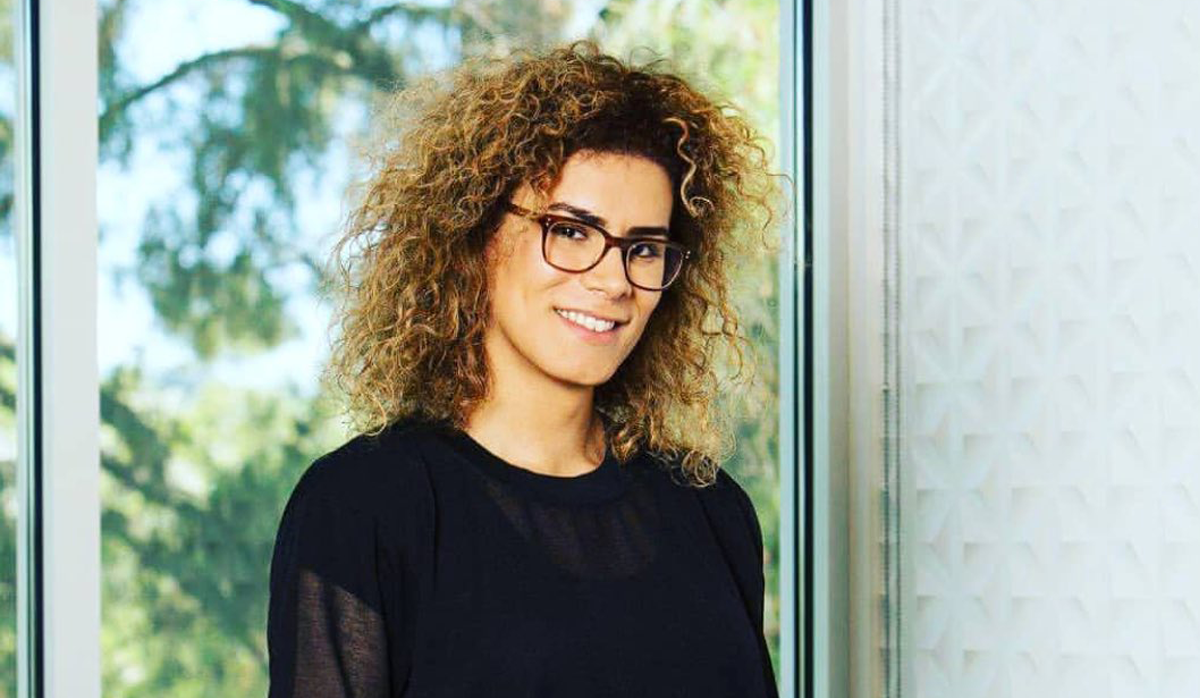
CEO Zuleyka Strasner started Zero for effortless plastic-free grocery shopping — empowering people to protect the planet while shopping conveniently.
The first online zero-waste grocery store sells food and household items in jars, boxes, and other sustainable packaging, and offers next-day delivery in San Francisco Bay Area and Los Angeles.
Headquartered in Berkeley, Zero has raised $4.7 million in funding to date.
11 — Chantal Emmauel, Ashley Etling (Co-Founders, LimeLoop)
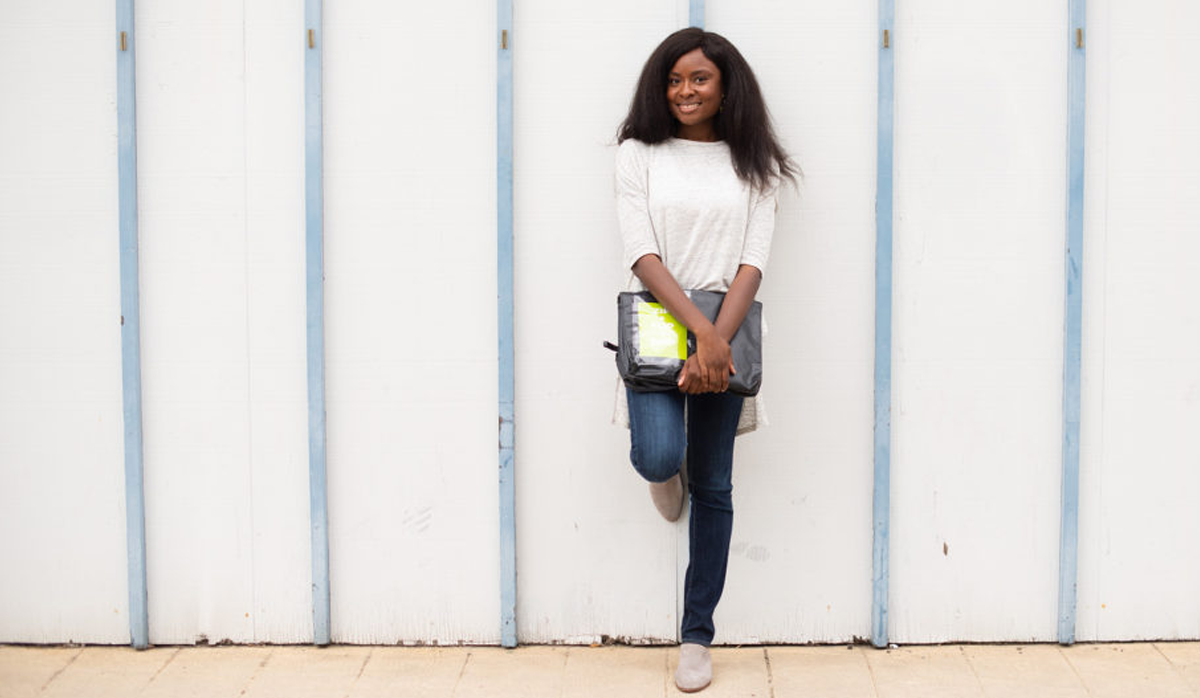
LimeLoop CTO Chantal Emmanuel is pioneering data-driven packaging without the waste. She said, “I have a very distinct memory of my dad tying up large bundles of newspaper with twine Sunday evening, to go out for the next day’s recycling pick up. Today, my pre-recycle day pickup ritual is breaking down the large pile of the week’s worth of cardboard boxes.”
In San Francisco, garbage rates rose as the city’s recycling company struggled with growing piles of materials from online orders. Why is it so hard to get rid of cardboard boxes? LimeLoop is developing e-commerce packaging that can be reused up to 2,000 times by retailers and consumers.
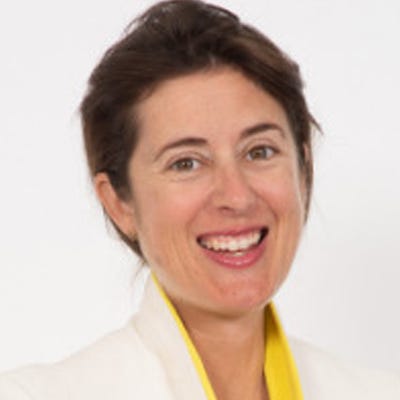
LimeLoop CEO Ashley Etling told Fast Company, “We’re looking at this as a full-circle solution for all industries.”
Headquartered in Berkeley, LimeLoop has raised $110k in funding.
12 — Tinia Pina (CEO & Founder, Re-Nuble)

Re-Nuble CEO Tinia Pina transforms unrecoverable vegetative food byproducts into a platform of sustainable technologies for soilless farming. She told Essence, “NYC was spending millions of dollars to export food waste to places as far as Pennsylvania, Virginia and China. My goal was to take this growing waste stream and use the nutrients to provide an alternative to synthetic fertilizers and chemical-laden food.”
She spent time with farmers understanding their challenges and needs, and developed Re-Nuble solutions with organic cycling science, converting food waste into organic hydroponic nutrients for farmers.
Headquartered in New York, Re-Nuble has raised over $1.1 million in funding to date.
13 — Dr. Allison Pieja, Dr. Molly Morse, Dr. Anne Schauer-Gimenez (Co-Founders, Mango Materials)

Mango Materials is a renewable bioproducts company based in the San Francisco Bay Area founded by Dr. Allison Pieja (CTO), Dr. Molly Morse (CEO), and Dr. Anne Schauer-Gimenez. Their proprietary platform delivers optimally-formulated, biodegradable polyhydroxyalkanoate (PHA) pellets that incorporate into any supply chain.
Headquartered in the San Francisco Bay Area, Mango Materials sells their sustainable materials to manufacturers for developing usable consumer goods for virtually anything currently made with conventional plastics or polyester — from toys and backpacks to flexible film packaging.
14 — Miranda Wang, Jeanny Yao (Co-Founders, Novoloop)

CEO Miranda Wang and COO Jeanny Yao want to give plastic trash new life with Novoloop. “The way that we’ve been making these performance materials today from virgin resources is outdated,” said Miranda Wang. The startup is transforming plastic waste into performance polymers — sustainable materials for a changing planet.
Novoloop materials perform like those made from fossil fuels and contain up to 50% post-consumer recycled content and reduce carbon emissions up to 45%. With a low-carbon manufacturing method, brands can achieve meaningful sustainability while maintaining quality for consumers, brands, and the materials industry as a whole.
Headquartered in Menlo Park, Novoloop raised over $7 million in funding.
15 — Steph Speirs (CEO & Co-Founder, Solstice)
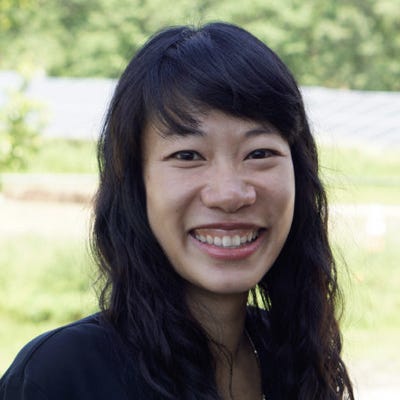
CEO Steph Speirs founded Solstice to bring affordable solar power to the 80% of Americans who cannot install a rooftop system, enrolling households and community organizations in shared solar farms.
The company has partnered with the US Department of Energy to create the EnergyScore, an innovative and proprietary qualification standard that is simultaneously more accurate than FICO credit scores in predicting utility bill payments, as well as more inclusive of low-income Americans.
Headquartered in Cambridge, Solstice has raised over $3 million in funding to date.
16 — Sara Menker (CEO & Founder, Gro Intelligence)

CEO Sara Menker is leading Gro Intelligence to power insights and predictive modeling for global food and agriculture markets, to ensure food security despite climate impact. She explains how data can help address problems that climate change is bringing to food systems, “whether it is growing the right crops in the right regions or reducing the time from farm to table because that reduces transportation costs and the carbon footprint.”
“When we speak about climate change we speak as if the outcome is inevitable versus that the outcome is probable and we can change our behaviors. Being very intentional in our decisions and using data to drive that can reshape the entire system.”
Headquartered in New York, Gro Intelligence has raised $85 million in Series B funding this year.
17 — Davida Herzl (CEO & Co-Founder, Aclima)

CEO Davida Herzl founded Aclima to measure and analyze air pollution and greenhouse gases, block by block and around the world. Her Aclima hardware and software technology platform translates billions of scientific measurements from its network of stationary and roving sensors into environmental intelligence for governments, businesses, and communities.
Headquartered in San Francisco with offices in Portland and New York City, Aclima has raised over $40 million in Series B funding.
18 — Dr. Jessica O. Matthews (CEO & Founder, Uncharted)

Dr. Jessica O. Matthews helps cities and developers reduce costs and complexity of last mile infrastructure. She founded Uncharted as a power solutions company, then expanded to integrated infrastructure solutions (a platform as a service company) over a decade ago.
She talks to Politico about developing a new kind of paver to transmit, direct and modulate energy underfoot, helping replace overhead cables with a smart, ground-level transmission system to integrate into sidewalks and highways — delivering underserved communities with the electrical power and digital connectivity they need to thrive.
Headquartered in New York, Uncharted has raised $7 million in funding.
19 — Tiffany Chu (CEO & Co-Founder, Remix)

What began as a Code for America prototype that went viral, Remix CEO Tiffany Chu helps cities design for people and our planet — providing technology for planning public transit, managing shared mobility, and designing safer street networks. Remix provides a collaborative mapping platform for transportation planning and decision-making, serving 350+ cities in over 22 countries across 5 continents. Since 2014, more than 11,000 transportation practitioners have created over 74,000 projects in Remix.
Headquartered in San Francisco, Remix has raised over $27 million in funding and was acquired by Via for $100 million this year.
20 — Evette Ellis, Kameale C. Terry (Co-Founders, ChargerHelp)

Evette Ellis and Kameale C. Terry are co-founders of ChargerHelp, an on-demand repair service for electric vehicle charging stations — filling a critical EV infrastructure gap while mobilizing disadvantaged work forces, aiming to hire people who have historically been left out of emerging industries.
“Our solution serves African American and LatinX communities specifically by increasing opportunities for those traditionally left behind and most marginalized to access digital and 21st-century skills, meet employer demands, and access the jobs of today and tomorrow,” said the company.
ChargerHelp makes technicians employees, rather than contractors. “The technology changes too quickly to rely on contractors,” CEO Kameale C. Terry said. Make no mistake, this is not charity, she added, “I plan to own an electric jet in 10 years. So we plan to make a lot of money.”
Headquartered in Los Angeles, ChargerHelp has raised $2.75 million in funding with plans to expand to more states including Colorado, New York, Oregon, and Washington.
21 — Lisa Laughner (Co-Founder & CEO, Go Electric)

CEO Lisa Laughner built a green-tech company Go Electric to provide microgrid power controller technology and energy storage, helping customer sites keep their lights. The hardware is an uninterruptible power system (UPS) on steroids, ensuring that facilities have backup power even if the grid goes down.
Headquartered in Anderson, Go Electric has raised over $10 million in funding with offices in Honolulu and San Francisco. In 2019, Go Electric was acquired by Saft, a multinational battery energy storage company owned by Total.
22 — Veera Johnson (CEO & Co-Founder, Circulor)

CEO Veera Johnson started Circulor to provide Traceability-as-a-Service — helping verify responsible sourcing, underpinning effective recycling and improving efficiency.
Using blockchain and AI, Circulor’s technology platform reaches parts of OEM’s supply chains that most currently have little real visibility into.
Headquartered in London, Circulor has raised $19.8 million in funding to date.
23 — Dr. Mahshid Roumi (Co-Founder, Parthian Energy)

Dr. Mahshid Roumi is VP of Product Development and co-founder at Parthian Energy, a Caltech spinout.
Powered by about 20 broad US and International patents, Parthian Energy is developing the energy storage systems of the 21st Century, enabling electric vehicles that can be charged in 5 minutes for a 90-mile drive, with total of 200 miles electric drive.
24 — Dr. Elmira Ryabova (CEO, CTO & Founder, Advenira)

With over 15 patents authored, Dr. Elmira Ryabova founded Advenira to create a broad range of unique liquid-based coating materials, with formulations engineered to satisfy industrial glass coating requirements as well as protection of metal, plastic and other substrates.
She also led the breakthrough SDN® technology for energy-efficient, low-emission architectural glass, solar cells and modules, flat panel displays, advanced process equipment for the semiconductor and microelectronic industry, as well as food packaging and antibacterial materials.
Advenira is headquartered in Sunnyvale.
25 — Dr. Julia Song (CTO & Co-Founder, Energy Storage Systems)

Dr. Julia Song is CTO at Energy Storage Systems (ESS, Inc), leading the technical side of grid-scale energy storage systems, shipping turn-key battery solutions, and producing long-duration (4+ hours) energy storage solutions ideally suited for C&I, utility, microgrid and off-grid applications.
Headquartered in Wilsonville, ESS has raised $47 million in funding.
26 — Kirsten Pace (COO & Founder, Maxout Renewables)
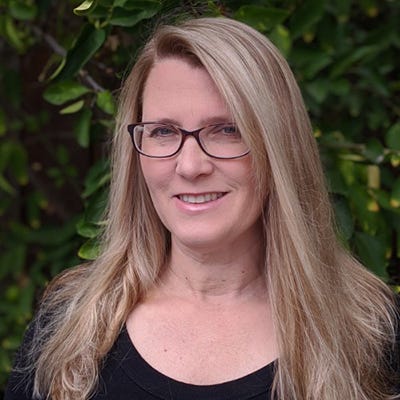
“As a mechanical engineer, I’m used to working in male dominated industries, and I’ve actually found the clean energy space to be very inclusive,” said Kirsten Pace, COO of Maxout Renewables. Her startup develops products that helps solar power compete head-to-head with coal and other cheap energy sources: Polyverter, a true all-in-one hybrid inverter, and the Balancer, providing emergency backup power, energy storage, and more. For early-stage companies, Kirsten recommends CleanTech Open (CTO) as a resource. She and her team had no experience with pitching or creating business plans when they launched their first solar startup:
“Even if you don’t currently have a startup but are looking to get into the clean energy space, volunteering at the CleanTech Open is a great way to make contacts and get exposed to the training and resources they provide. There are a lot of problems that still need to be solved and the field is broad enough that you don’t necessarily need to be an insider to have a shot at coming up with an innovative and commercially viable product. There are also a lot of funding opportunities for startups that have an idea that isn’t necessarily fully proven out, such as CalSEED.”
Headquartered in Livermore, Maxout Renewables has been awarded $2 million by the U.S. Department of Energy.
27 — Kristin Sampayan (CEO & Founder, Opcondys)
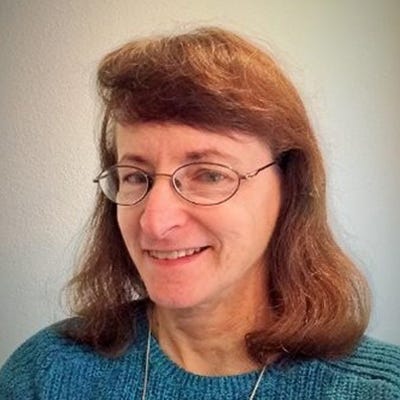
CEO Kristin Sampayan at Opcondys is working on developing a new class of power switching device for makers of high voltage power equipment, having licensed the technology from Lawrence Livermore National Laboratory.
Kristin took time away from having a traditional career to raise her young children, which led her to entrepreneurship and starting a business. “As a woman, I’ve always felt completely encouraged to go ahead and pursue whatever needed to be done,” she said.
Headquartered in Manteca, Opcondys has been awarded $3 million from the U.S. Department of Energy.
28 — Maddie Hall (CEO & Founder, Living Carbon)
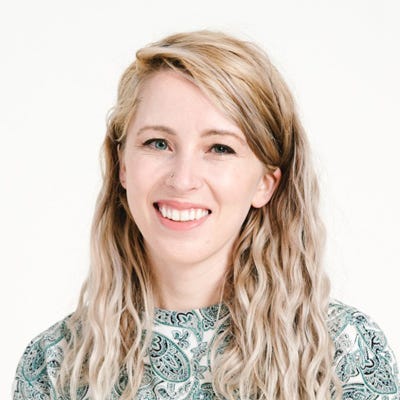
Founded by CEO Maddie Hall, Living Carbon is on a mission to fight climate change by genetically enhancing CO2 capture and storage in genetically modified poplars and pines.
Using biotechnology to develop trees that better capture and store carbon, the public benefit company is not only devising a solution to address climate change, but also producing faster-producing and more durable wood products.
Living Carbon is headquartered in San Francisco.
29 — Francis Zoet, Anne Marieke Eveleens, Saskia Studer (Co-Founders, The Great Bubble Barrier)
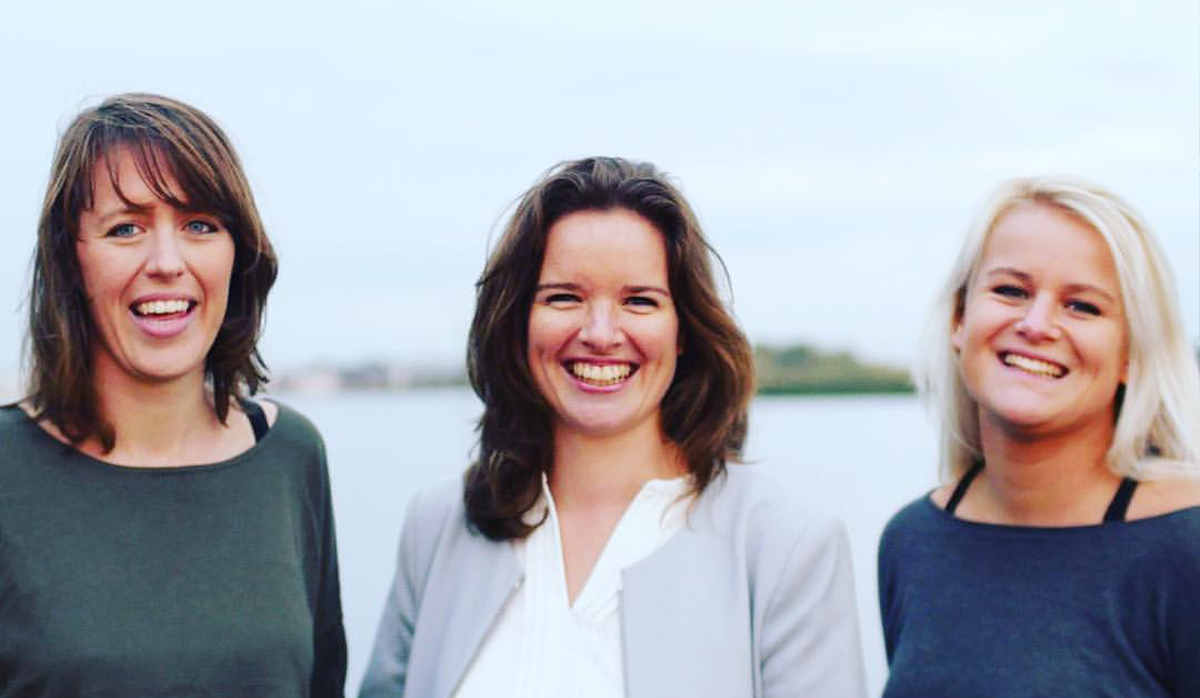
Triggered by the amount of pollution they found on rivers, canals and lakes while sailing, The Great Bubble Barrier co-founders Anne Marieke Eveleens, Saskia Studer, and Francis Zoet devised a solution that will stop plastic on its way to the oceans, and allows the passage of fish and ships at the same time.
Amsterdam launched the first long-term Bubble Barrier in one of their historical canals — and cities are following with more bubble barriers in waterways.
Headquartered in the north of Amsterdam, The Great Bubble Barrier has raised over $500k in funding.
30 — Arancha Yáñez (CTO & Founder, Feltwood)

Designer and CTO Arancha Yáñez developed a green alternative to plastic, wood and agglomerates for ecological industrial materials.
Using 100% vegetable fibers, Feltwood materials utilize agricultural waste products.
Double positive impact means Feltwood materials are fully biodegradable, recyclable and compostable.
Headquartered in Zaragoza, Feltwood has raised $500k in funding.
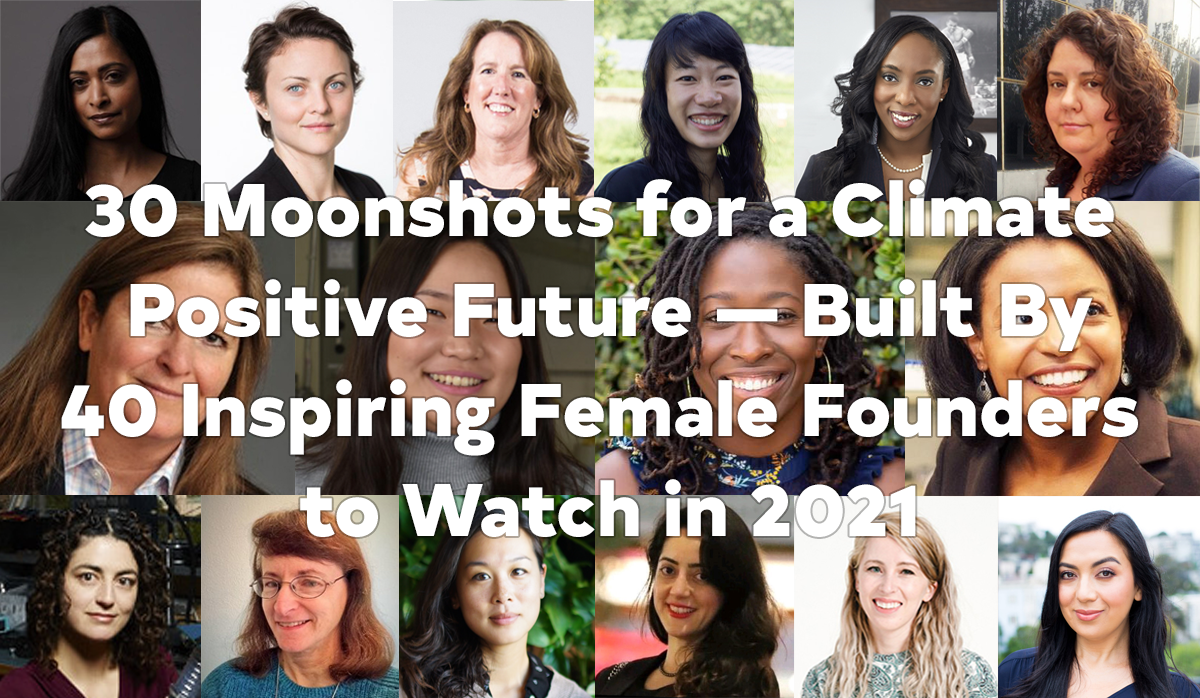
40 Female Founders to Watch in 2021 Building 30 Moonshots for a Climate Positive World — CLICK TO TWEET
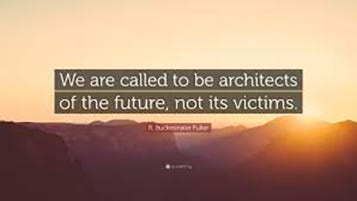
For more inspiring women in tech:


